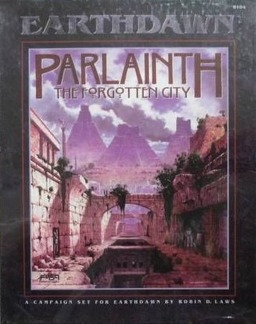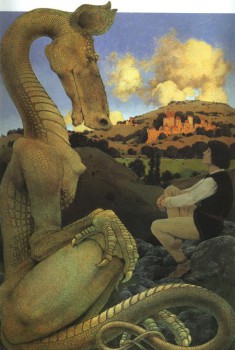Goth Chick News: I, Frankenstein… You, Potentially Disappointed
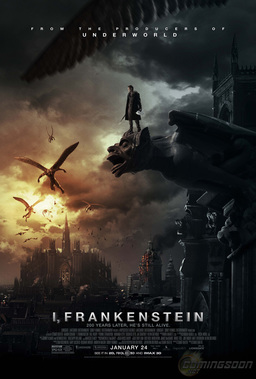 I am just not sure how to feel about this one.
I am just not sure how to feel about this one.
On January 24, I, Frankenstein the film will finally come to life in theaters nationwide. This after the U.S. release was originally set for February 22, 2013. Then five months prior to release, in the fall of 2012, it was abruptly moved to September 13, 2013; then in April 2013, the date was moved again to January 24, 2014.
In February 2013, Lions Gate said they would release the film in 3D and then in September 2013, they came back to tell us the film would be digitally re-mastered and released in the IMAX format – in 3D.
I, Frankenstein’s release strategy has been retooled more than the old guy himself.
There are a lot of reasons for a studio to postpone a movie release: like problems with the script/ talent/ director, the test audiences didn’t react well and new footage needs to be shot, the studio doesn’t want the release to be diluted by a competitive release in a similar genre…
Or the film just isn’t good and the studio needs time to add some additional razzle-dazzle — like 3D and IMAX.
As a fan of the graphic novel and after seeing the movie trailer, I tend to believe this case might be a combination of all of the above.
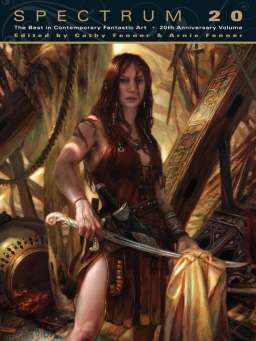
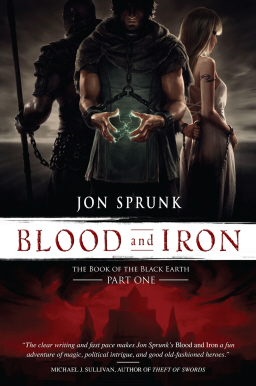

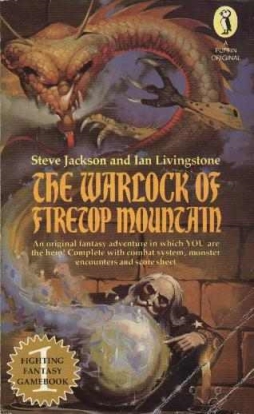 It’s a time for looking back, as the old year ends. Now so it happens that on a Boxing Day sale I picked up a book I loved as a child; and therefore it seems fitting to write a little about it, now, glancing back down the vanished days of this and other years, and to try to again see the pleasure I once had. Will it come again, as I work through the text? If I work on the text, then no. Because this text, more than most, is not made for working. It is a thing to be played.
It’s a time for looking back, as the old year ends. Now so it happens that on a Boxing Day sale I picked up a book I loved as a child; and therefore it seems fitting to write a little about it, now, glancing back down the vanished days of this and other years, and to try to again see the pleasure I once had. Will it come again, as I work through the text? If I work on the text, then no. Because this text, more than most, is not made for working. It is a thing to be played.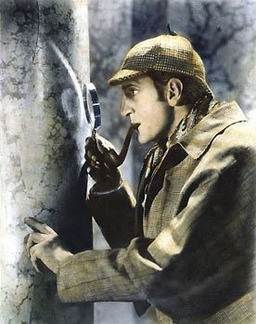

 For some years now I’ve been wanting to reread Virginia Woolf’s Orlando. I first read the book about twenty years ago, and though I enjoyed it I came away confused. I felt as though on some level I really hadn’t understood the book. As though I hadn’t grasped how to read it. So, time having passed and me having (maybe) come to understand a bit more about books and reading, I sat down with Orlando again. And, as I’d hoped, I enjoyed it more thoroughly this time around, and felt as though I’d understood it a little better than I had. What surprised me was the reason for that understanding. I felt as though I’d worked out how to approach the book not because of any greater knowledge of modernism, or even because I’d read other books by Woolf, but because I now had a greater experience of early fantasy. More than I’d remembered or understood when I first read the book, Orlando is of a piece with the fantastic fiction of its time.
For some years now I’ve been wanting to reread Virginia Woolf’s Orlando. I first read the book about twenty years ago, and though I enjoyed it I came away confused. I felt as though on some level I really hadn’t understood the book. As though I hadn’t grasped how to read it. So, time having passed and me having (maybe) come to understand a bit more about books and reading, I sat down with Orlando again. And, as I’d hoped, I enjoyed it more thoroughly this time around, and felt as though I’d understood it a little better than I had. What surprised me was the reason for that understanding. I felt as though I’d worked out how to approach the book not because of any greater knowledge of modernism, or even because I’d read other books by Woolf, but because I now had a greater experience of early fantasy. More than I’d remembered or understood when I first read the book, Orlando is of a piece with the fantastic fiction of its time.